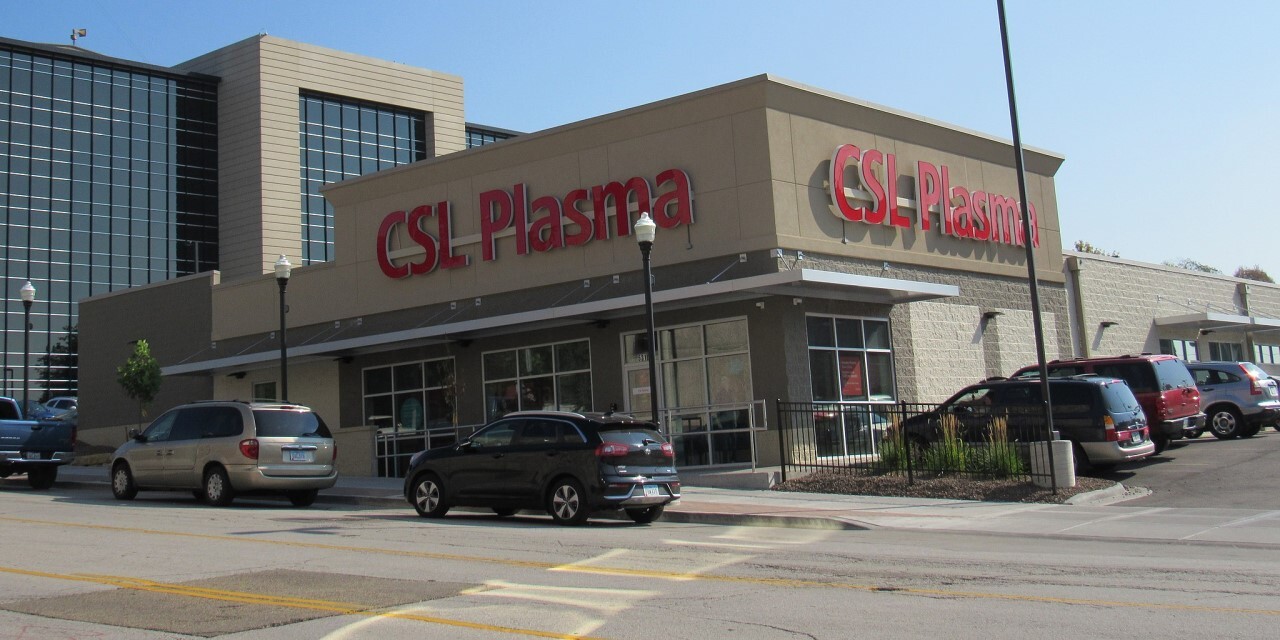A blood plasma collection company is paying $9.9 million to settle a class action that alleged it violated state biometrics privacy laws when collecting fingerprint scans from donors.
From the deal, CSL Plasma would pay tens of thousands of blood plasma donors a few hundred dollars each, though less than the $433 plaintiffs' lawyers had initially estimated was possible.
Those lawyers, however, will get $3.3 million in fees under the settlement.

David J. Fish
| Fish Potter Bolanos
U.S. District Judge Edmond Chang filed an order Dec. 8 granting final approval of the settlement.
The CSL Plasma settlement pool includes a group of up to 75,000 people who provided a fingerprint scan at a CSL plasma donation facility in Illinois as part of a plasma donation process from September 2014 to October 2019.
Lawyers reported 33.67% of potential class members had filed claims. Plaintiff’s attorneys previously estimated the settlement could pay out between $33-$578 per claimant. How much each class member collects depended on how many of the 75,000 class members submitted valid claims.
Attorneys had projected a 20% rate would yield about $433.
Class members had until Nov. 3 to file their claim.
If a settlement class member does not cash the check 150 days after the date of issuance or an eletronic deposit is unable to be processed within 150 days of the first attempt, the funds will be distributed 50% to Prairie State Legal Services and 50% to the American Red Cross of Greater Chicago for community emergency response.
The court also awarded $3.3 million in attorney fees and $23,309 in litigation costs, all of which are payable from the gross settlement fund. About $158,600 would be paid to Analytics Consulting, to act as settlement administrator,
The court found the attorneys’ fees, which equates to one third of the settlement fund, to be in line with fees awarded in similar BIPA case in this district and reasonable in light of the substantial risk the counsel took on in accepting the case and the relief counsel obtained for the settlement class.
The plaintiffs were represented by attorney David Fish, of the firm of Fish Potter Bolaños, of Naperville. Also representing plaintiffs have been attorneys from the St. Louis firm of Pfeiffer Wolf Carr & Kane.
The class representatives, Jada Marsh and Charles Hilson, were each awarded $5,000 incentive awards.
Plasma collectors BioLife and Octapharma settled similar lawsuits. Octapharma established a $9.9 million settlement fund for almost 77,000 members, while BioLife had a class of more than 57,000 donors and a settlement of almost $6 million.
According to a May 24 motion from the plaintiffs supporting approval of the settlement, CSL Plasma didn’t disclose to its donors information about its collection and retention of biometric data, in part because it never developed a formal policy. The company also allegedly failed to obtain informed written content to use donors’ fingerprints.
CSL maintains it never violated BIPA and has argued it should not be subject to BIPA laws’ regulations.
The plaintiffs’ lawyers said CSL Plasma could have argued Food and Drug Administration oversight and federal law pre-empts application of the state-law BIPA to its facilities in this context, or it could have been the first entry to get an appellate court to weigh in on whether plasma donor centers qualify for BIPA exemptions afforded to health care settings.
CSL Plasma operated donation centers in 42 state, including 18 in Illinois. In the Chicago area, CSL Plasma operated four centers in Chicago, as well as locations in Melrose Park, Hazel Crest, Waukegan, Calumet Park, Joliet and Montgomery.
CSL has been represented in the case by attorney Gerald Maatman, of the firm of Duane Morris, of Chicago.
